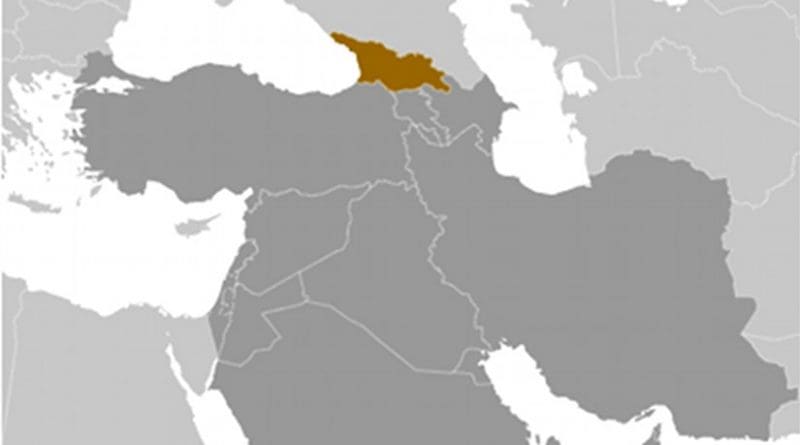Georgia Marks Day Of Soviet Occupation
By Civil.Ge
(Civil.Ge) — Government buildings in Georgia lowered national flags to half-staff on February 25 as the country observes the day when the Bolshevik’s Red Army took over Tbilisi on this day 95 years ago.
The Day of Soviet Occupation is officially marked in Georgia after the Parliament passed a resolution in 2010 instructing the government to organize various memorial events on every February 25 to commemorate, as the decision puts it, hundreds of thousands of victims of political repressions of Communist occupational regime.
President Giorgi Margvelashvili, government members, lawmakers, politicians and army top brass laid flowers to the memorial to Georgian cadets killed fighting against the Red Army in February, 1921.
“95 years ago our ancestors started struggle for the liberation of our country from the Soviet empire. 70 years later our generation won this struggle and created independent Georgia. Today the struggle from independence towards freedom continues and we will win this struggle together,” President Margvelashvili said at a ceremony in Tabakhmela in Tbilisi outskirts.
Speaking at a government session on Thursday morning, PM Giorgi Kvirikashvili said: “Although the battle [in February, 1921] ended with Georgia’s defeat, ultimately the war for Georgia’s sovereignty has been won. The fact that Georgian flag is now flying over this building [government headquarters], the fact that we can make our sovereign decisions today, including in respect of Georgia’s western course, is because of heroism of those people, who sacrificed their lives for the independence of our country.”
In a separate resolution, also passed by the Parliament in 2010, August 23 was declared the Day of Memory of Victims of Totalitarian Regimes.

